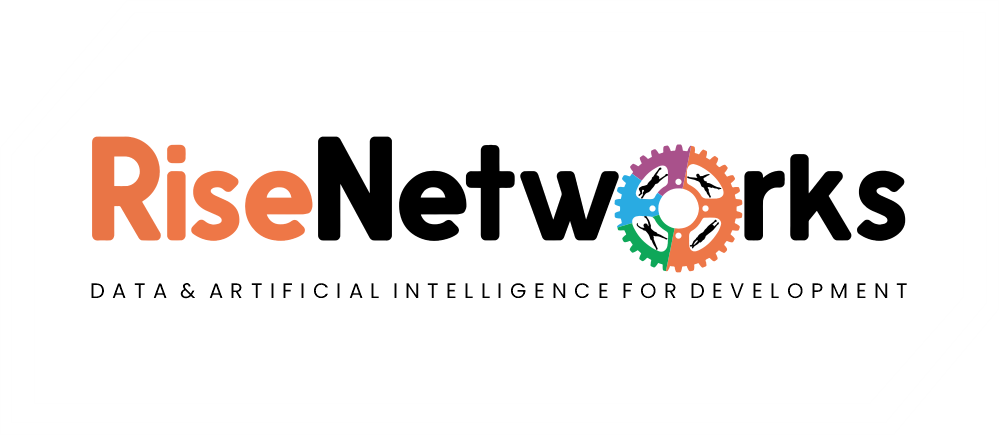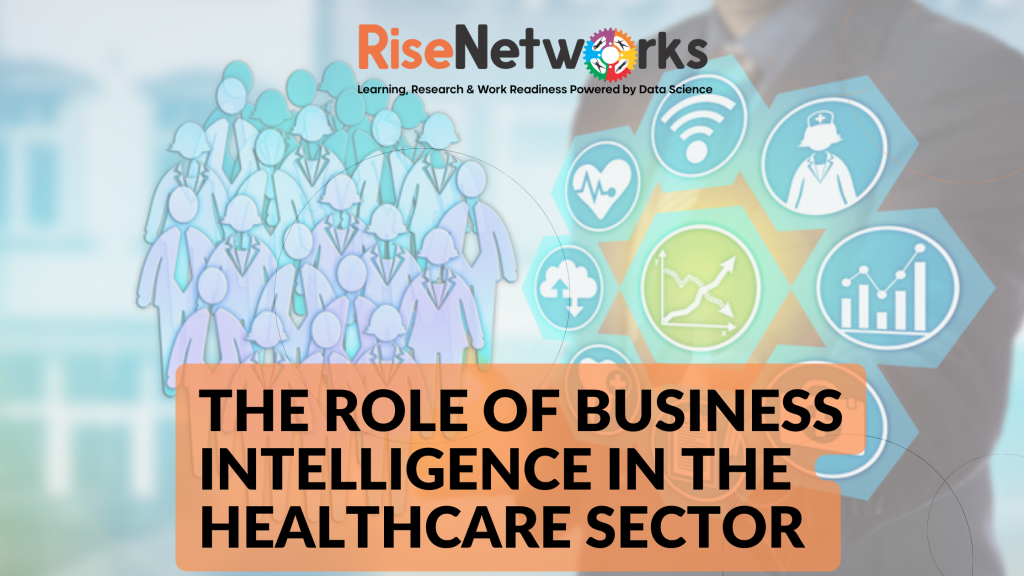Business intelligence (BI) refers to the technology used by businesses to gain an understanding of how they are performing in various areas such as market, share growth, or customer satisfaction levels through the collection, storage, and analysis of historical data from various sources such as social media posts or sales figures from previous months/years, etc.
In today’s world, data is the most valuable resource of all.
Having access to accurate, up-to-date information can allow your organization to make better decisions, improve performance and ultimately become more profitable. However, collecting and analyzing this data can be a time-consuming and difficult process. This is where business intelligence software can help.
So how does business intelligence work? In short, it is an umbrella term for a wealth of tools that can help you analyze data from multiple sources and present it in a way that is easy to understand.
Examples of business intelligence tools include:
Data visualization software
Data warehouses
Querying software (e.g., Microsoft Excel)
Report writing software
The healthcare industry is in dire need of data-driven solutions to improve the quality of patient care. Business intelligence provides the means for healthcare organizations to collect, manage, and analyze information that can be used to improve clinical outcomes.
Advances in technology such as machine learning and artificial intelligence are making it possible to collect, organize and analyze vast amounts of data on a routine basis. In turn, this is also providing healthcare professionals with analytical tools that can help them make better decisions about patient care in real-time.
Read on to find out exactly the roles of business intelligence in the healthcare sector.
The Role of Business Intelligence in the Healthcare Sector.
-Patient Care
The first and most obvious way that business intelligence is used in the healthcare industry is through patient care.
Business intelligence can be used to help doctors and nurses make informed decisions about how to treat their patients, and it can also help healthcare organizations keep track of which treatments are most effective for various illnesses or diseases.
For example, if an organization knows that a certain treatment is effective in treating patients with high blood pressure, they might decide to offer it as an option for new patients who have just been diagnosed with hypertension.
-Analysis of a wide range of data
BI tools can be used to analyze a wide range of data, including patient records, insurance claims and clinical trials. In most cases, BI tools store their data in a data warehouse or some other type of database. These tools often have built-in analytics that allows users to query the data and get answers to specific questions. They can also create reports that provide overviews of the organization’s performance.
-Improve the quality of care, reduce costs, increase efficiency
It is commonly used in healthcare organizations to help improve the quality of care, reduce costs, increase efficiency and even achieve regulatory compliance. BI software tools are often used to accomplish these goals.
-Decisions Making
Business intelligence (BI) is becoming an increasingly important tool in the healthcare industry. The ability to access and analyze vast amounts of data helps healthcare organizations make better decisions, identify weak points, and improve the quality of care they provide to patients.
-Effective Treatment
The use of BI tools allows medical professionals to understand which treatments are most effective at treating certain conditions so they can make educated decisions about whether or not they should be offered those services at all costs not just what they cost upfront but also over time as well!
In conclusion, BI has an essential role in the healthcare industry because it provides an opportunity for companies to save money on their health insurance premiums by reducing unnecessary services and treatments while still providing high-quality care for patients who need it most.

